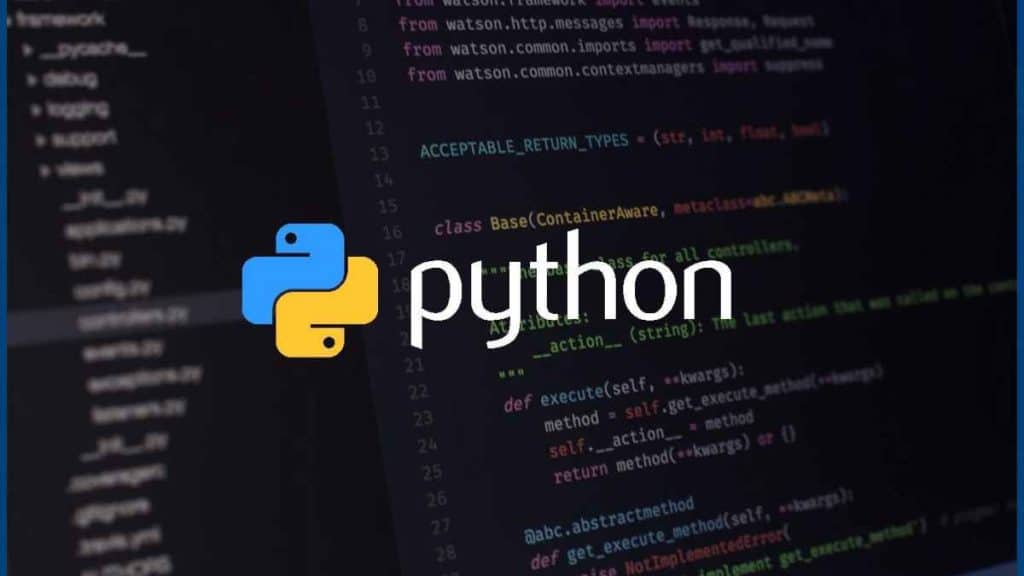Python is a programming language that is always preferred by programmers to learn when starting out. Python is used in many projects such as building websites, designing algorithms and many other programming projects. Starting to learn right away without a clear path or research can easily confuse you. In this article, we will help you figure out how to learn Python well and list out 4 tips to master python quickly.
How to learn Python well?
The key is practice and creativity. Spend time coding instead of just learning the theory.
The same goes for learning programming with this language. The more time you spend practicing, the more you will understand a lot of things that sometimes take many chapters of a book to comprehend. This key also applies when you learn other programming languages.
Below, we will give you 8 tips to help you learn Python effectively and master it quickly.
4 Tips to master python quickly
Tip 1: Learn from the basic syntax
Although learning theory is boring, mastering the basic syntax will help you quickly understand any Python program. To be able to dive deep into your chosen field, you need to master simple Python syntax first.
Some important theories you can prioritize to learn when getting started with Python such as:
– How programs and blocks of code work in Python.
– Command lines, variables, data types in Python.
– Python loops, Python lists, Python properties.
– …
Tip 2: Work hard
Combining theory and practice is the easiest way to get to grips with things quickly. Especially in programming, daily coding will help you remember the syntax and practice many skills when working with computers. Take time out of your day and practice your way.
Tip 3: Implement structured projects
Once you’ve learned the basic syntax, you can start working on projects on your own. Working on projects is a great way to learn, because it will boost your abilities, help you learn new things, and help you build a portfolio of skills and experiences that will convince employers.
It’s easier to work on structured projects at an early stage, until you feel comfortable enough to work on projects entirely on your own.
Tip 4: Make project on your own
Once you’re familiar with some of the structured projects, you can now start creating your own standalone projects. When starting with the project of your own, you should feel comfortable facing bugs and figuring out how to debug or problems with your program. To avoid getting too many bugs, always review your code in the order it was executed and make sure each part is working correctly.
Conclusion
Python is evolving and changing day by day. To progress quickly, you will need to constantly learn and work on projects. If you really practice hard, you will find yourself changing a lot when looking back at your previous code.
If you are interested in Python, visit LearnShareIT.com to learn more related content. Hope you will quickly master this programming language. Thanks for reading!
